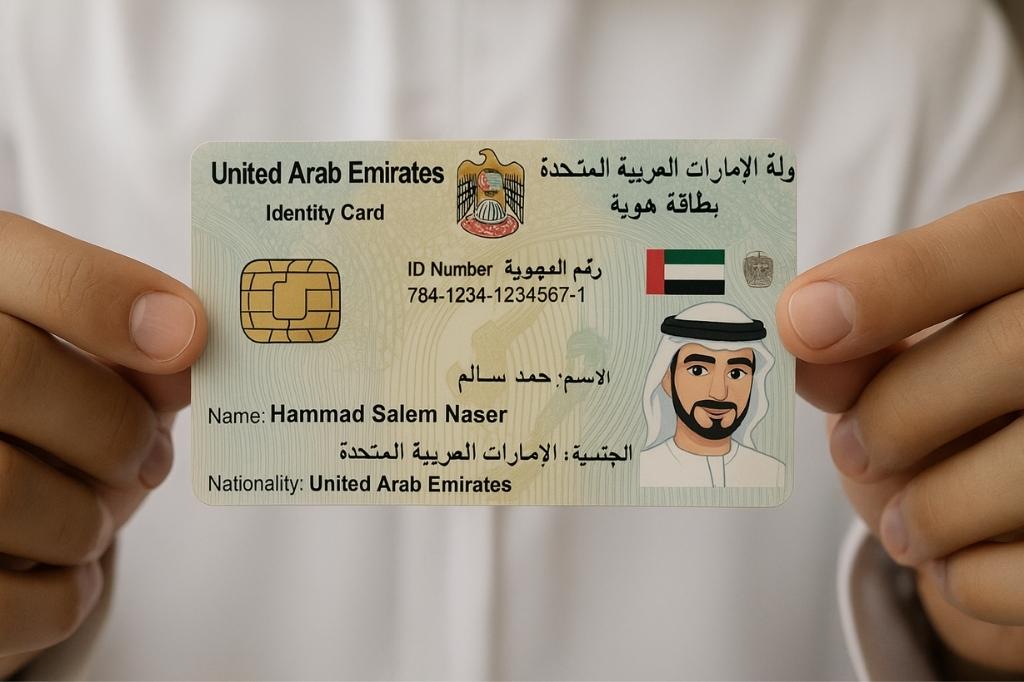In a leap toward the future that feels straight out of a sci-fi movie, the United Arab Emirates is turning its residents’ faces into their official ID. That’s right, the traditional Emirates ID card is making way for facial recognition. It’s fast. It’s contactless. And it’s already happening.
The UAE’s Federal Authority for Identity, Citizenship, Customs and Port Security (ICP) is leading this transformation. The agency has quietly laid the groundwork for years. Now that it has tested, approved, and prepared biometric technology to scale, the country is rolling out facial recognition as the new standard for identification. It’s replacing plastic cards with pixels and algorithms.
One Face, Endless Access
This concept works simply and powerfully: your face becomes your key to everything. Instead of fishing through your wallet or fumbling with an app to pull up a card, you just look at a camera. Whether you’re catching a flight, opening a bank account, checking into a hotel, or visiting a clinic, facial recognition verifies your identity instantly.
You won’t need to photocopy ID cards anymore. You won’t face delays at check-in counters. Instead, you’ll get seamless, secure access powered by artificial intelligence.
The tech lives directly in the ICP’s official app. Your biometric ID will sit alongside your other key documents in one secure digital hub. Soon, this capability will reach across vital sectors like banking, healthcare, telecommunications, government services, and insurance. Wherever services need to verify identity, your face will provide it.
Why Now?
This digital shift doesn’t happen by chance. It supports a larger national push to modernize governance and eliminate outdated bureaucracy. The UAE has long led efforts in smart cities, AI adoption, and digital transformation. This project ranks among its most ambitious.
This move also comes as global conversations around security, convenience, and contactless services intensify. The pandemic reshaped expectations, and countries now race to digitize. The UAE isn’t just keeping pace, it’s leading.
More Than a Tech Upgrade
This initiative doesn’t just add a gadget or a flashy upgrade. It completely redesigns how residents interact with public and private services. Think of it as a digital passport for everyday life, one that you can’t lose, doesn’t expire in your wallet, and won’t crack in half.
Behind the scenes, the UAE enforces strict data protection laws and risk management protocols to secure this transition and build trust. The government recognizes threats like identity fraud, data misuse, and system failure. It addresses them through careful planning, strong partnerships, and phased implementation.
The Road Ahead
The country won’t switch systems overnight. Physical Emirates ID cards will still work during the transition. The new system will roll out in phases. Simple services will adopt it first, and more complex ones will follow. By next year, most sectors are expected to accept facial recognition widely.
Ultimately, the UAE isn’t just replacing a card. It’s reimagining identity. This move marks a broader shift toward frictionless governance. In this vision, technology doesn’t just support services, it defines how services operate. The country offers convenience without compromise and innovation without sacrificing privacy.
In a world where digital transformation often feels like a buzzword, the UAE shows what real change looks like. And the message is clear: the future doesn’t need a plastic card. It just needs your face.








